📚 6 Books mentioned in "Discrimination and Disparities | Thomas Sowell | POLITICS | Rubin Report" of The Rubin Report
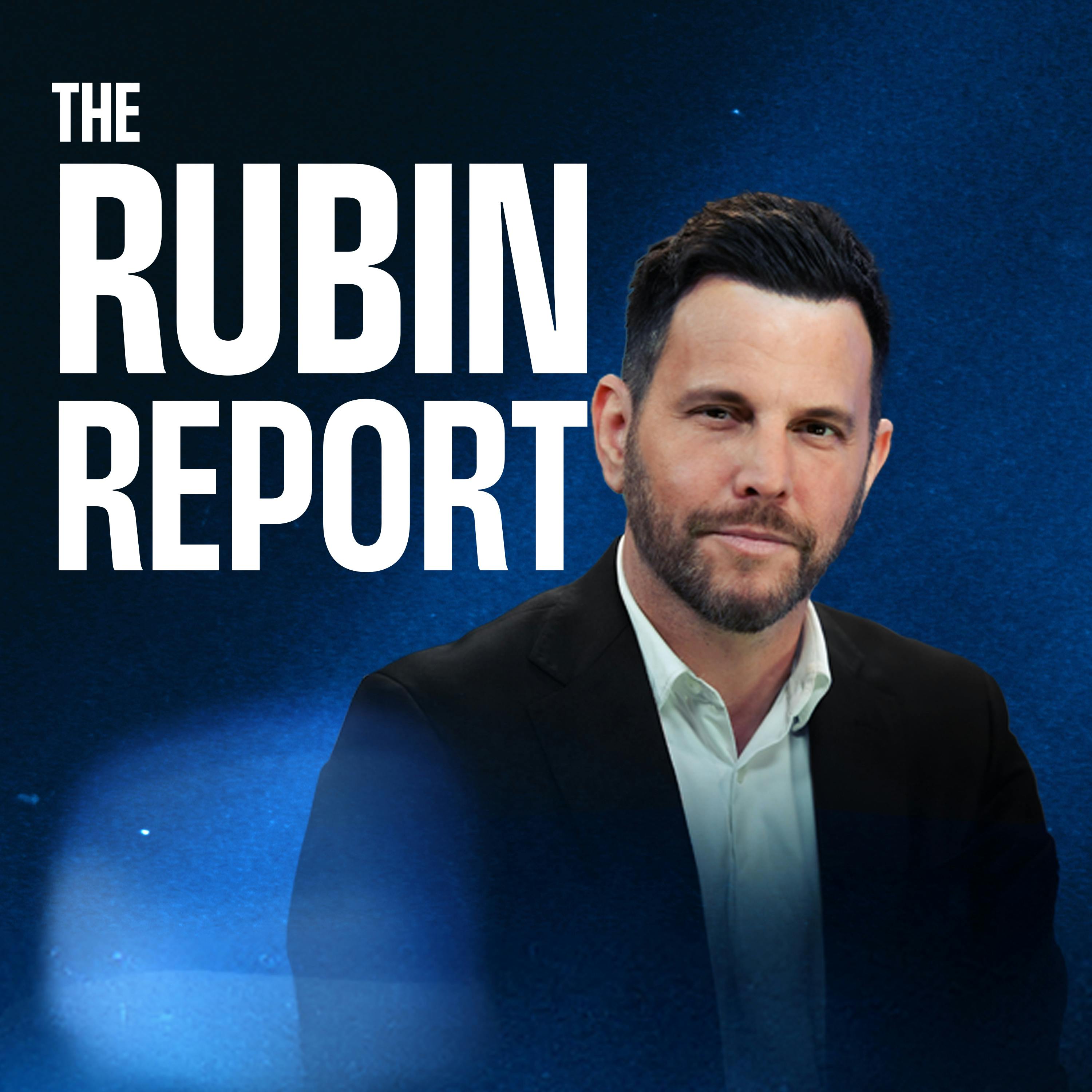
Podcast: The Rubin Report
Episode: Discrimination and Disparities | Thomas Sowell | POLITICS | Rubin Report
Published on April 18, 2018
Here’s a list of all the books mentioned in this episode. Click on the links to watch specific excerpts on YouTube and feel free to purchase the books if they caught your interest!
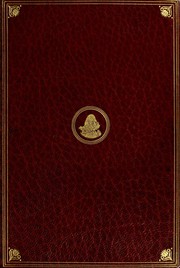
Alice's Adventures in Wonderland
Buy Alice's Adventures in Wonderland by Lewis Carroll on Amazon
yeah Alison Wonderland and the rest of them
Sowell mentions this as another book he took out from the public library as a child, along with the Doctor Dolittle books.

Discrimination and Disparities
Buy Discrimination and Disparities by Thomas Sowell on Amazon
so first I thought I want do a little bit on your history and I want to focus on your new book
The host introduces the topic of the interview, stating they will focus on Sowell's new book.

Doctor Dolittle
Buy Doctor Dolittle by Hugh Lofting on Amazon
One of the books was the Doctor Dolittle books
Sowell mentions this as one of the first books he took out from the public library as a child.
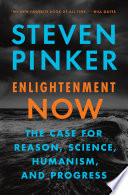
Enlightenment Now
Buy Enlightenment Now by Steven Pinker on Amazon
and you know his new book enlightenment now is that things are trending more positively
The host mentions Pinker's new book and its theme of positive trends.
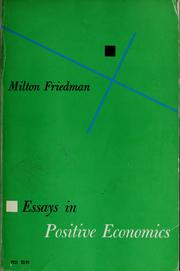
Essays in positive economics
Buy Essays in positive economics by Milton Friedman on Amazon
I was reading of Milton Friedman's he and his wife had a joint autobiography and she's looking at one point she looking back on in the days when she would ride the IND subway in Manhattan
Sowell mentions reading the joint autobiography of Milton Friedman and his wife, recalling a specific anecdote from it.
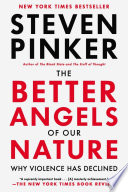
The Better Angels of Our Nature
Buy The Better Angels of Our Nature by Steven Pinker on Amazon
Pinker's book about about violence and you know that throughout what the Western world the homicide rates did a u-turn in the 1960s
Sowell refers to Pinker's work on the history of violence trends, specifically mentioning the u-turn in homicide rates in the 1960s.
